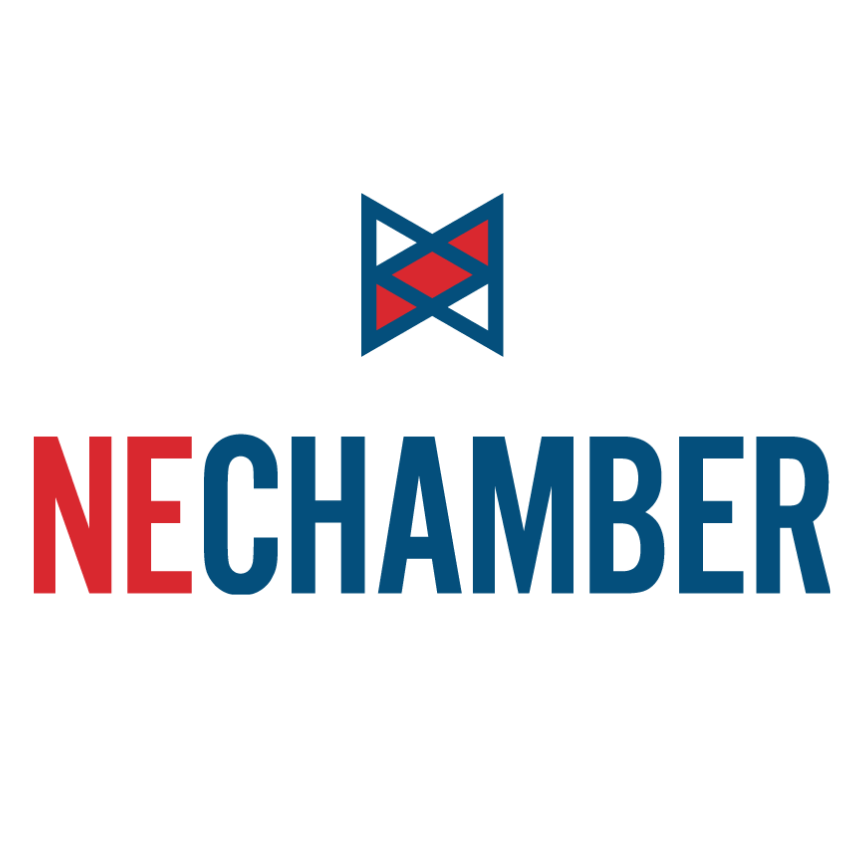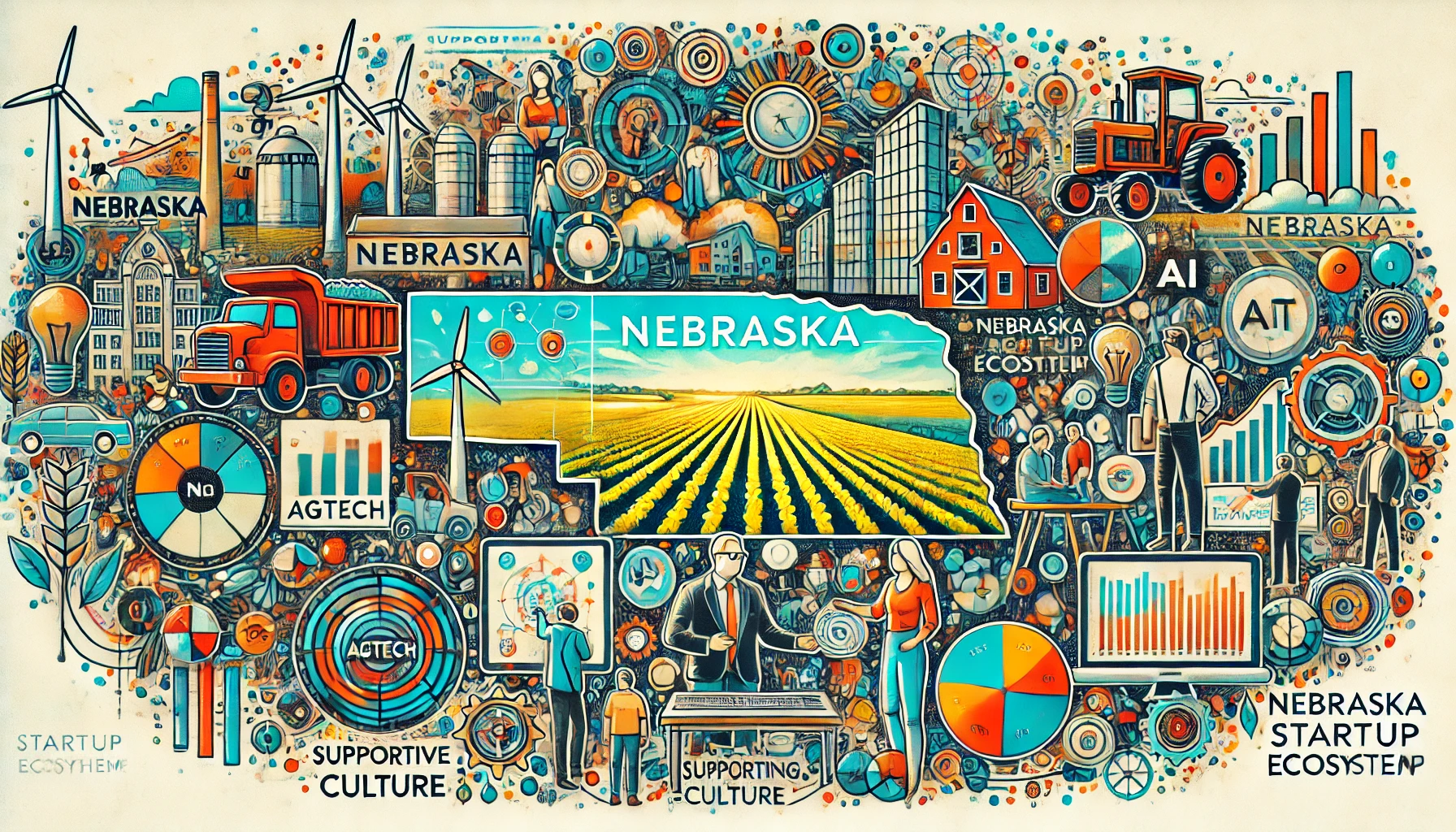
By the end of Compute Midwest, the first-year conference and the year-old venue that housed it felt positively ancient by comparison to the ideas exchanged therein. Such was the forward-looking nature of the discourse Friday at the conference put on by Kansas City IT Professionals.
The event, held at the Kauffman Center for Performing Arts in Kansas City, Mo. was billed as a chance to learn about what’s next in technology. And it certainly lived up to that billing, with a future-focused perspective permeating the day’s keynotes, panel and fireside chat.
“The first inning”
Dan Levin kicked things off with a look into a crystal ball that revealed a shift in the business world from homogeneity to heterogeneity. Levin, who’s the COO of Box, a company that offers cloud-based content sharing and collaboration tools for business, noted that mobile devices surpassed computers in U.S. sales for the first time last year. With that in mind, he projected the impact one billion new knowledge workers will have on the way business is done.
Levin pointed to workers who previously had limited access to high-end technology — the driver of a Pepsi truck, for instance — who use mobile devices. He said that’s part of the shift we’re witnessing, “from a unified world of a PC on every desk” to a “brave new world where everything is going to be different.”
Zach Kaplan followed Levin and talked of a revolution brewing in digital manufacturing. Kaplan is the CEO of Inventables, a hardware marketplace for designers, and in that role he has seen the democratization of a process that once was limited to a select few.
“We’re seeing a separation from what used to have a designer and an engineer in the same company,” Kaplan said. “Now they can be anywhere in the world.”
Kaplan emphasized that we’re still in the earliest stages of that revolution. “This is the first inning,” he said. “This is just starting.”
Rethinking data transfer and storage
Brad Abrams, a product manager for Google’s cloud platform team, shared thoughts about the current state of cloud storage that mirrored Kaplan’s take on digital manufacturing. He likened the way we currently regard the cloud to the way people once looked at automobiles — as a “horse-less carriage” instead of an all new mode of transportation. “Even though there’s been a number of years,” he said, “I still think we’re in the horse and buggy era of the cloud.”
“That is a necessary part of evolution,” he continued. “But we should think about the native media that we have.”
 Jason Hoffman (left), the founder and CTO of cloud infrastructure provider Joyent, discussed the unprecedented data-processing power of devices today have and people’s inability to optimize that power. He said phones now have more power than desktop computers in 2006 and the computers used to put a man to the moon. “And yet,” Hoffman said, “we typically take pictures. Of our food.”
Jason Hoffman (left), the founder and CTO of cloud infrastructure provider Joyent, discussed the unprecedented data-processing power of devices today have and people’s inability to optimize that power. He said phones now have more power than desktop computers in 2006 and the computers used to put a man to the moon. “And yet,” Hoffman said, “we typically take pictures. Of our food.”
Hoffman said people should consider what data is truly unique and important, which will lead to decisions on how it should be handled and stored.
Later, Michelle Munson, the co-founder and president of transport software company Aspera, continued the conversation about big data. She pulled back the curtain on the complexities and challenges of moving data and assured the crowd one challenge being fully addressed is security, dismissing as “silly” the notion that the cloud isn’t safe.
Fed up and focused on a more efficient future
For all their level-headed, rational insights on the future, the speakers of Compute Midwest also exhibited a degree of hot-headedness. They envision the future in the unique ways that they do because they’re fed up, for one reason or another, with how things have worked in the past.
 Take Naithan Jones (right), the co-founder and CEO of AgLocal, the Kansas City startup creating a web-based marketplace for pasture-raised meats. During his time on stage, Jones discussed what he sees as a common motivator among successful entrepreneurs. “They’ve got this sense of injustice like, ‘This is something that doesn’t exist and it should, so I’m gonna create it,’ ” Jones said.
Take Naithan Jones (right), the co-founder and CEO of AgLocal, the Kansas City startup creating a web-based marketplace for pasture-raised meats. During his time on stage, Jones discussed what he sees as a common motivator among successful entrepreneurs. “They’ve got this sense of injustice like, ‘This is something that doesn’t exist and it should, so I’m gonna create it,’ ” Jones said.
Frustration was clearly a driving force for Ben Milne when he co-founded Des Moines-based payments startup Dwolla. On Friday, Milne took the stage — with a backpack full of cash he used to help hammer home one of his points— and bemoaned the inefficiencies of moving money using traditional avenues. He said those shortcomings seem “a little irrational” in light of the advanced technology at our disposal.
“I’m serious about this,” Milne said. “It pisses me off, man. I had to go out and build a company it pisses me off so much.”
Scott Chacon, the CIO of collaborative software development platform GitHub, discussed the future of work and how everyday frustrations lead him to seek innovative solutions. Chacon said being “kind of an a–hole” and being easily frustrated about small things can be an entrepreneurial asset.
“Find your friction and frustration to fix it,” he told the crowd.
Kansas City on the verge
As they looked toward the future, most of the speakers seemed to agree that Kansas City is poised to make an impact on the new wave of innovation they discussed.
Google Fiber, of course, has plenty to do with that.
 “Kansas City has a huge opportunity to be leveraging that bandwidth to make a better internet … ” Milne (left) said of the arrival of Google’s one-gigabit network in Kansas City. “It’s the difference between playing Nintendo and PS3. You’ve got more power; we don’t know what people are going to do with it yet.”
“Kansas City has a huge opportunity to be leveraging that bandwidth to make a better internet … ” Milne (left) said of the arrival of Google’s one-gigabit network in Kansas City. “It’s the difference between playing Nintendo and PS3. You’ve got more power; we don’t know what people are going to do with it yet.”
Even Abrams, a Googler himself, expressed envy about the opportunity the city has, saying he is “quite jealous of Kansas City for getting the Fiber.”
Hoffman said during a panel on the future of mobile that he’s bullish on Kansas City’s potential in the mobile space. “Kansas City and Plano, Texas are incredible places to get (mobile) talent,” he said. “Always have been.”
KCITP founder Michael Gelphman focused on Kansas City’s mobile potential in closing the afternoon session Friday with an announcement about future plans for his organization. Driven by an idea Gelphman said he’s been “obsessed with” for months, KCITP is launching its Disruption Institute, which will host 12-week programs that teach people how to build mobile apps.
“I want to build things for the longer term,” Gelphman said. “I want to make Kansas City into the number one place for mobile developers.”
Credits: Compute Midwest photo by Michael Stacy. Jason Hoffman photo from joyent.com. Naithan Jones photo courtesy of Jones. Ben Milne photo from twitter.com.




